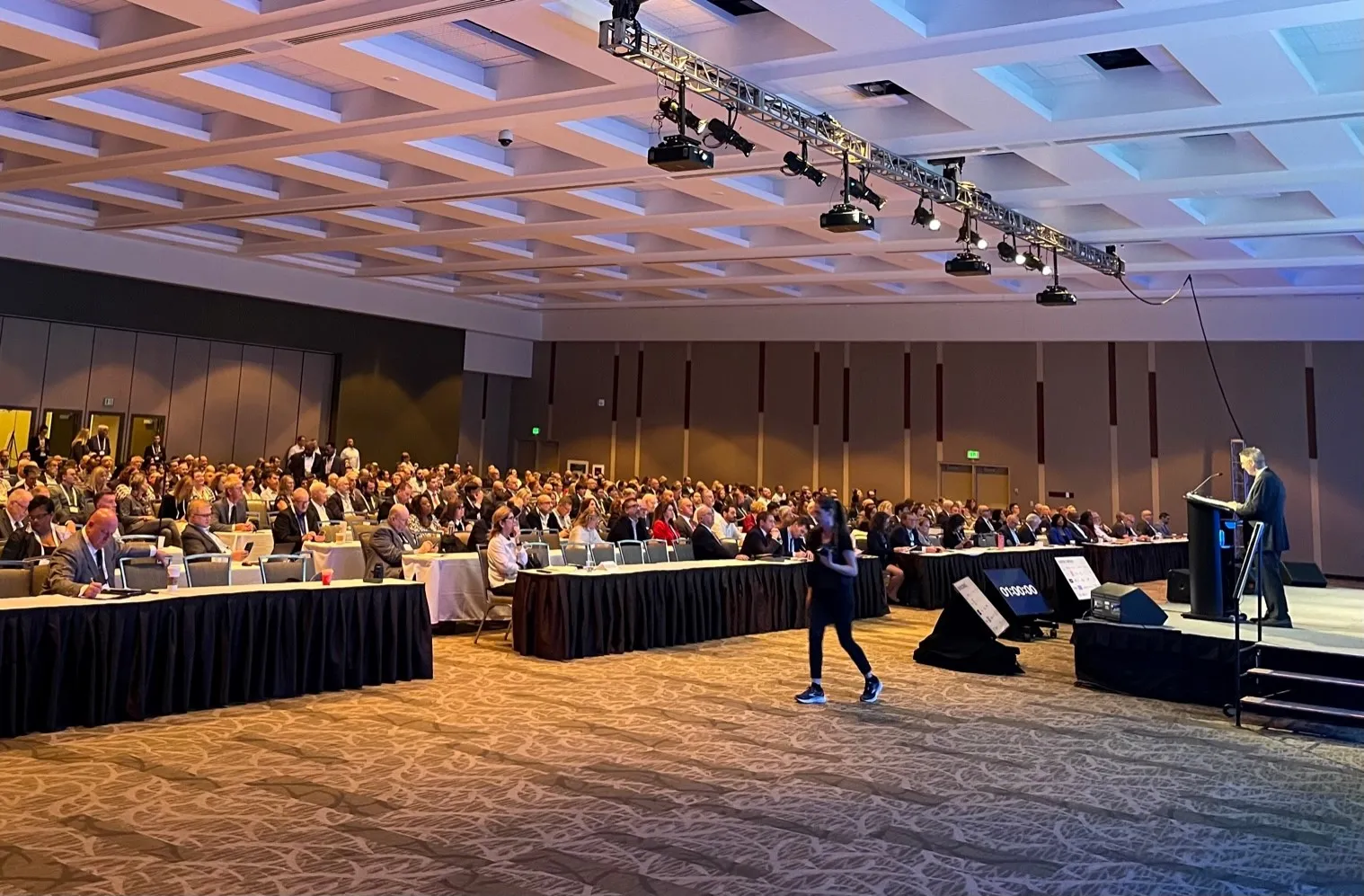Patrick D. Jones, executive director and CEO of IBTTA, echoed the call for long-term action by stating: “The joint letter released yesterday by our nation’s transportation chiefs is a profile in courage and should serve as an example of how public servants from all stripes and backgrounds can come together for the good of our country’s future.
“No one solution will serve as the silver bullet to fix our nation’s sagging roads, highways and bridges. We need many good ideas and consensus across the political aisle to achieve a long-term plan that adequately funds our country’s transportation system and gives states the flexibility they need to address their unique challenges.
“From the gutsy proposal by Senators Murphy and Corker to increase the federal gasoline and diesel taxes to keep the federal Highway Trust Fund from going broke, to the Obama Administration’s historic proposal to lift the ban on interstate tolling to help states reconstruct their interstate highways, all viable options should receive full consideration.
“We look forward to working with both Houses of Congress and the Obama administration to forge a long-term transportation plan that promotes safety and productivity on our highways and provides a sustainable, predictable, long-term source of funding for the federal highway program.”
IBTTA Joins transportation secretaries in call for adequate infrastructure funding
The International Bridge, Tunnel and Turnpike Association (IBTTA) has joined US Department of Transportation (DOT) secretary Anthony Foxx and 11 former DOT secretaries in supporting a call for Congress to find consensus on a long-term solution to funding our nation’s infrastructure.
Patrick D. Jones, executive director and CEO of IBTTA, echoed the call for long-term action by stating: “The joint letter released yesterday by our nation’s transportation chiefs is a profile in courage and should serve as an
July 24, 2014
Read time: 2 mins
RSSThe International Bridge, Tunnel and Turnpike Association (63 IBTTA) has joined 324 US Department of Transportation (DOT) secretary Anthony Foxx and 11 former DOT secretaries in supporting a call for Congress to find consensus on a long-term solution to funding our nation’s infrastructure.









